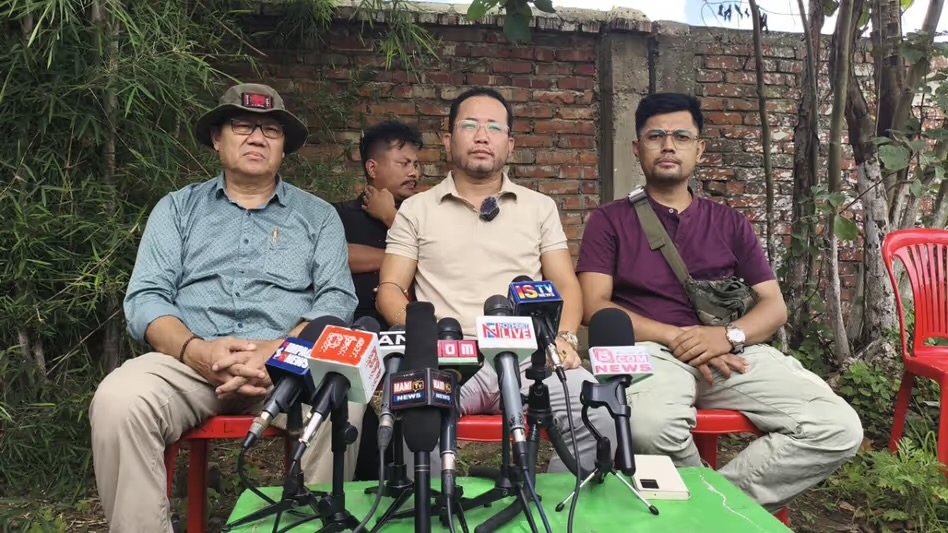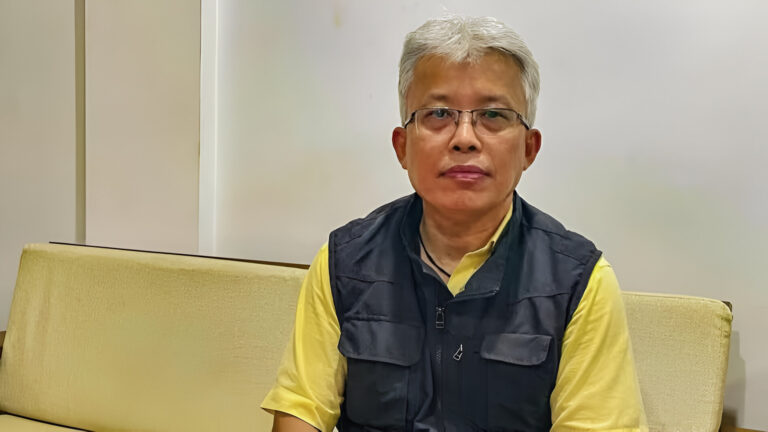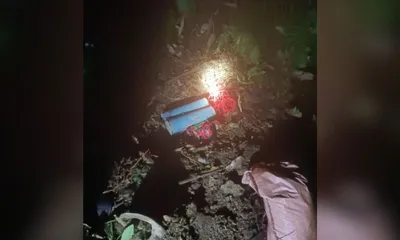Arambai Tenggol Ends Shutdown on Day 3 in Manipur, Vows Stir for Leader’s Release
Summary
Arambai Tenggol, a Meitei activist group in Manipur, called off its ongoing 10-day shutdown after just three days on June 10, 2025. The shutdown was launched as a protest following the arrest of their leader, Asem Kanan Singh, by the CBI for his alleged role in the 2023 Manipur violence. While the shutdown was suspended to ease public hardship, the organization has promised to continue democratic agitations until Singh is released unconditionally.
Detailed Article
Introduction: What’s Happening in Manipur?
If you’ve been following the news from India’s Northeast, Manipur has been a hotspot of unrest and tension, especially recently. The state is grappling with deep-rooted ethnic and political conflicts that have spilled over into violent confrontations. The latest twist? The arrest of a key figure from the Meitei community, Asem Kanan Singh, who leads the organization Arambai Tenggol. This has triggered protests, shutdowns, and a battle between activists and authorities.
But what exactly is going on? Why did the shutdown begin, and why was it called off after just three days? Let’s break it down and dig into the layers of this complex situation.
The Arrest of Asem Kanan Singh: Why It Matters
Asem Kanan Singh isn’t just any activist. He’s a former police head constable who was dismissed earlier this year and has been central to organizing the Arambai Tenggol. The Central Bureau of Investigation (CBI) arrested him for alleged involvement in the violent episodes that rocked Manipur in 2023 — a period marked by intense ethnic clashes and widespread destruction.
This arrest felt like a direct attack on the Meitei community’s leadership. It’s akin to pulling the kingpin from a chessboard — everything shifts and moves in unpredictable ways.
The Shutdown: A Powerful Protest or Public Disruption?
The shutdown that Arambai Tenggol called for was total. Markets closed, public transportation halted, and everyday life came to a near standstill in many parts of the Imphal Valley. Imagine a city where the heartbeat suddenly stops for days — that’s the effect of such a shutdown.
Their goal? To apply pressure on the government and authorities to release Singh. Shutting down normal life is a tried-and-tested protest method in many parts of India, but it’s a double-edged sword. While it grabs attention and forces the hand of officials, it also causes inconvenience and economic strain on ordinary people.
The government reacted with a heavy hand — imposing curfews, deploying security forces, and even suspending internet services in several districts. The situation was tense, volatile, and bristling with uncertainty.
Breaking It Down: What Can We Learn?
- Protest as a Pressure: Shutdowns and protests are powerful tools for marginalized groups to make their voices heard. But they come at a cost — often borne by ordinary people.
- Leadership Matters: The arrest of a figure like Singh can become a rallying cry, symbolizing wider community fears and frustrations.
- The Role of Government: How authorities respond — with force or dialogue — can either escalate or ease tensions.
- Cultural Identity and Conflict: Manipur is a vivid example of how deep cultural identities shape politics and conflict in India’s Northeast.
Conclusion: The Road Ahead for Manipur
Manipur’s challenges won’t be solved overnight. The suspension of Arambai Tenggol’s shutdown might bring temporary relief, but the simmering tensions demand sustained, sensitive engagement from all sides.
It’s a reminder that behind headlines of protests and shutdowns, there are real people — communities with history, identity, fears, and hopes. To find peace, Manipur must find a way to listen and heal.
FAQs
Q1: Who is Asem Kanan Singh?
Asem Kanan Singh is the leader of Arambai Tenggol and a former police head constable arrested for alleged involvement in the 2023 Manipur violence.
Q2: What is Arambai Tenggol?
Arambai Tenggol is a Meitei activist group known for promoting Meitei culture and rights, with a reputation for militant activism.
Q3: Why was the shutdown imposed?
The shutdown was imposed by Arambai Tenggol to protest the arrest of their leader and demand his unconditional release.
Q4: How did the government respond to the shutdown?
The government imposed curfews, deployed security forces, and suspended internet services in affected districts to control the unrest.
Q5: What’s next for Manipur after the shutdown suspension?
The organization promises to continue democratic agitations, while the broader ethnic tensions in Manipur remain a challenge for long-term peace.



